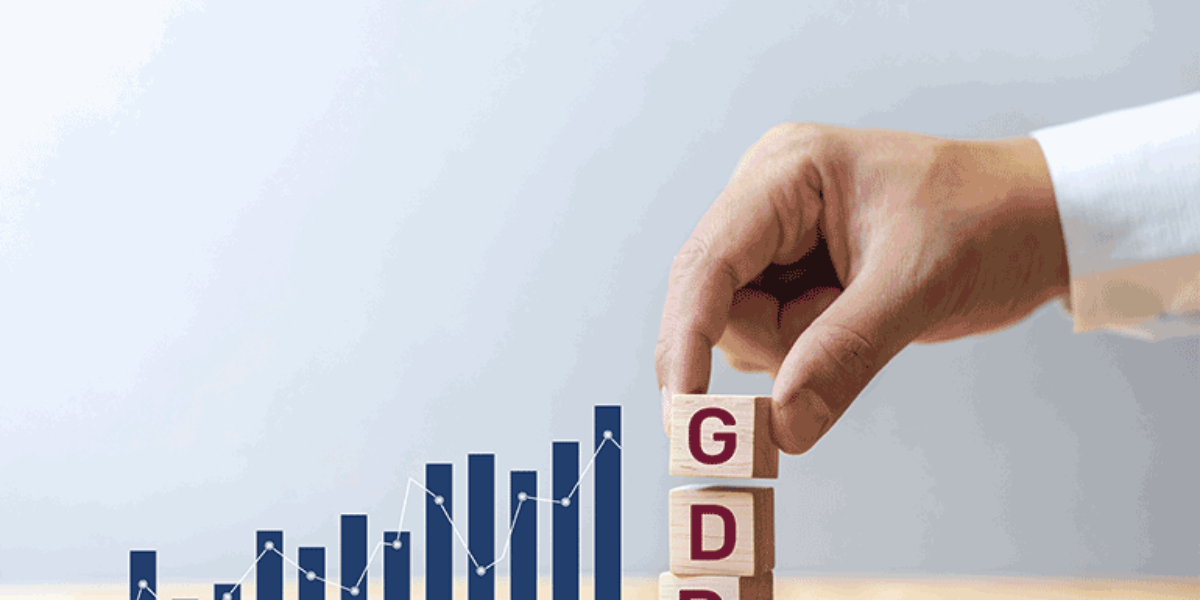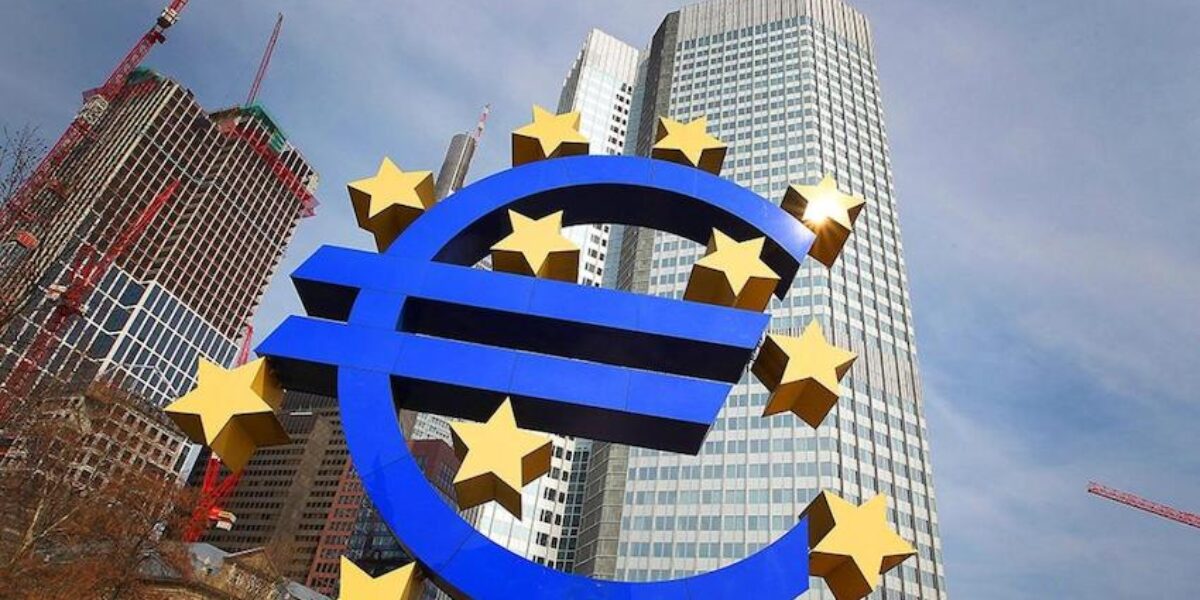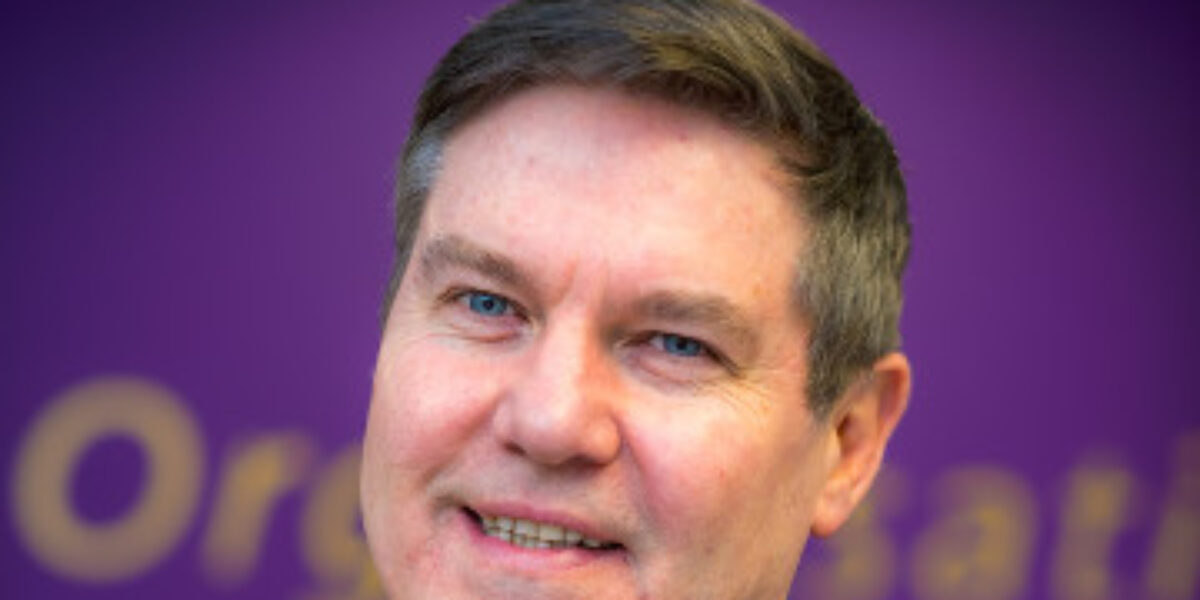Spurred on by a nationwide vaccination drive, India is seeing a healthy “V-Shaped” economic recovery. According to an article authored by top officials of the Reserve Bank of India, the country is on the cusp of posting positive growth for financial year 2020-2021. It is only natural for India to be able to launch and sustain possibly the world’s largest vaccination programme against COVID-19. After all, India leads the world in terms of vaccine manufacturing capacity and has plenty of experience with mass vaccinations, having successfully used vaccines to battle polio and measles.
In Focus
Evidence Of Increased Costs For EUR Payments From UK As A Result Of Brexit
Banking Circle, the cross border payments expert, has identified an issue affecting some financial institutions handling cross border transactions from the UK to the EU. It seems Brexit has caused a number of EU banks to increase their fees for receipt of SEPA local payments in EUR from GB IBANs.
FISCAL Technologies Introduces New Shared Service Centre
FISCAL upgrades its AI-powered spend protection offering for shared services, providing complete oversight of payables risk across all business units and protecting 100% of supplier spend
FISCAL Technologies, the Procure-to-Pay risk management solution provider, has today announced the launch of its upgraded Shared Service Centre offering, which saves millions of pounds through proactively preventing payment errors.
The enhanced offering to FISCAL’s NXG Forensics solution – a cloud-based Procure-to-Pay (P2P) assurance solution – reduces complexity, cuts supplier overpayment by 99% and achieves 100% visibility of governance and payables risk. It therefore enables customers to comply with finance best practices all while identifying risks and streamlining user workflow in any multiple business unit structure.
Bermuda Aircraft Registry
Bermuda is a UK Overseas Territory and has the largest offshore aircraft registry, which is also tenth in size overall compared to the 193 signatory States to the Convention on Civil Aviation. The Bermuda Civil Aviation Authority (BCAA) is responsible for the regulation and safety oversight of aviation in Bermuda, and all aircraft on the Bermuda Aircraft Registry.
Although regulated by the UK Department for Transport, Bermuda’s safety oversight system is separate from that of the UK. The regulatory requirements are established as Overseas Territories Aviation Requirements (OTARs), which are in full compliance with the standards and recommended practices of the ICAO, a UN specialised agency established to manage the administration and governance of the Convention of International Civil Aviation.
Trade Up
We talk pandemics, Trade Finance and the potential Euro Exim bank can offer with Graham Bright
Head – Compliance and Operations
NEE: Trade finance is at the core of Euro Exim Banks (EEB) portfolio of products and services. Last year was full of possibilities, with speed, reliability and security at the core of the banks trade finance offering. However, the Covid-19 pandemic has had far reaching consequences, altering the goods consumers want, the goods they need and what defines luxuries and necessities. How has this impacted what your customers want and what solutions you can offer?
Graham Bright: Covid-19 has decimated some business, but has also presented many opportunities for companies, as international trade continues, even with difficulties obtaining finance and currency. At EEB, we are seeing an increase in the amount of proposed business in our target markets as many of the larger banks are not currently able to support smaller corporates. With a diverse team geographically, currently represented in 24 countries, we have seen an explosion of interest, traffic and proposals coming our way as we offer very competitive rates, a unique, trusted service with gearing for repeat business.
Where competitors are retracting, we have increased our headcount in our international offices. At the beginning of 2020 in Chennai, India, our affiliate office had 50 people. Now we employ 150 people there, at a time where Covid-19 uncertainty and cost cutting generally has meant major banks laying off significant number of staff.
Power to Gas: The Energy Evolution

Europe’s reliance on oil imports, where supply is often dependent on external factors like geopolitical conflict and price rises, is risky. Luckily the power grid is changing, and thanks to renewables, the future of energy is being redefined.
An increase in capacity of renewable energy sources alongside the need to reduce carbon emissions is timely, but the challenge with renewables is that their output changes with the weather – they either don’t produce enough power or they produce too much. This has driven researchers to consider new practices that could be used to exploit the production of RES to supply the energy system.
One valuable technique is to produce hydrogen using excess energy generated via wind or sun that is not required for the power grid during off peak periods. The hydrogen is then safely stored and distributed for future use. The notion of converting and storing electricity from renewable resources that can be later used in heating or as fuel may sound impossible, but it is technically feasible, and is known as ‘power-to-gas’.
Digital money
With some autocratic regimes now using digital money for economic control and surveillance, can the original promise of cryptocurrency endure?
Ten years ago, bitcoin was introduced as the first open-source, decentralised, peer-to-peer cryptocurrency. The idea of money perpetrates every level of our lives. We trust that someone will accept our money in exchange for goods and services almost everywhere we go. Society relies on banks and governments for this, but since the 2008 financial crisis shook people’s faith in these institutions, the system is being questioned more and more. The architects of bitcoin designed it to solve challenges created by conventional currencies.
Digital currencies reconstruct the idea of money and place faith in technology instead of centralised institutions. Bitcoin was the first cryptocurrency and is still the biggest, but since it was created, alternatives have come along. All of them have the same basic idea: they use a blockchain, a shared public record of transactions, to create and track digital tokens, and these can only be made and shared according to the agreed-upon rules of the network.
Swedish Data Centres – The Sustainable Solution
 Every time you like a Facebook post, watch a YouTube video, stream a Netflix show or make a purchase on Amazon, you are expanding your carbon footprint. Every internet activity involves amounts of data that need to be stored somewhere. Anything that involves images, especially colour ones, generates major data traffic. And as it becomes ever easier to consume online, the more consumption rises. That wouldn’t be an issue if the data centres needed to manage the traffic didn’t consume so much energy.
Every time you like a Facebook post, watch a YouTube video, stream a Netflix show or make a purchase on Amazon, you are expanding your carbon footprint. Every internet activity involves amounts of data that need to be stored somewhere. Anything that involves images, especially colour ones, generates major data traffic. And as it becomes ever easier to consume online, the more consumption rises. That wouldn’t be an issue if the data centres needed to manage the traffic didn’t consume so much energy.
Data centres have multiplied from almost nothing a decade ago to consuming about 3% of the global electricity supply and accounting for about 2% of total greenhouse gas emissions. That’s a similar carbon footprint as the airline industry. The quantity of energy consumed by these centres is doubling every four years despite hardware innovations that increase capacity to store data. As a result, data centres are forecast to consume roughly treble the amount of electricity in the next decade.






